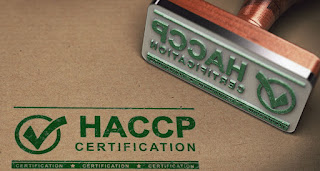Who gives a halal certificate in UAE?

Halal certification in UAE is typically issued by Islamic religious authorities or organizations that are authorized to verify and certify that products, services, or premises comply with Islamic dietary laws and are permissible for consumption by Muslims. These certifying bodies ensure that the products or services meet the criteria set forth in Islamic Shariah law. In some countries, government agencies may also be involved in regulating and issuing halal certifications.
.jpg)



.jpeg)
.jpg)
